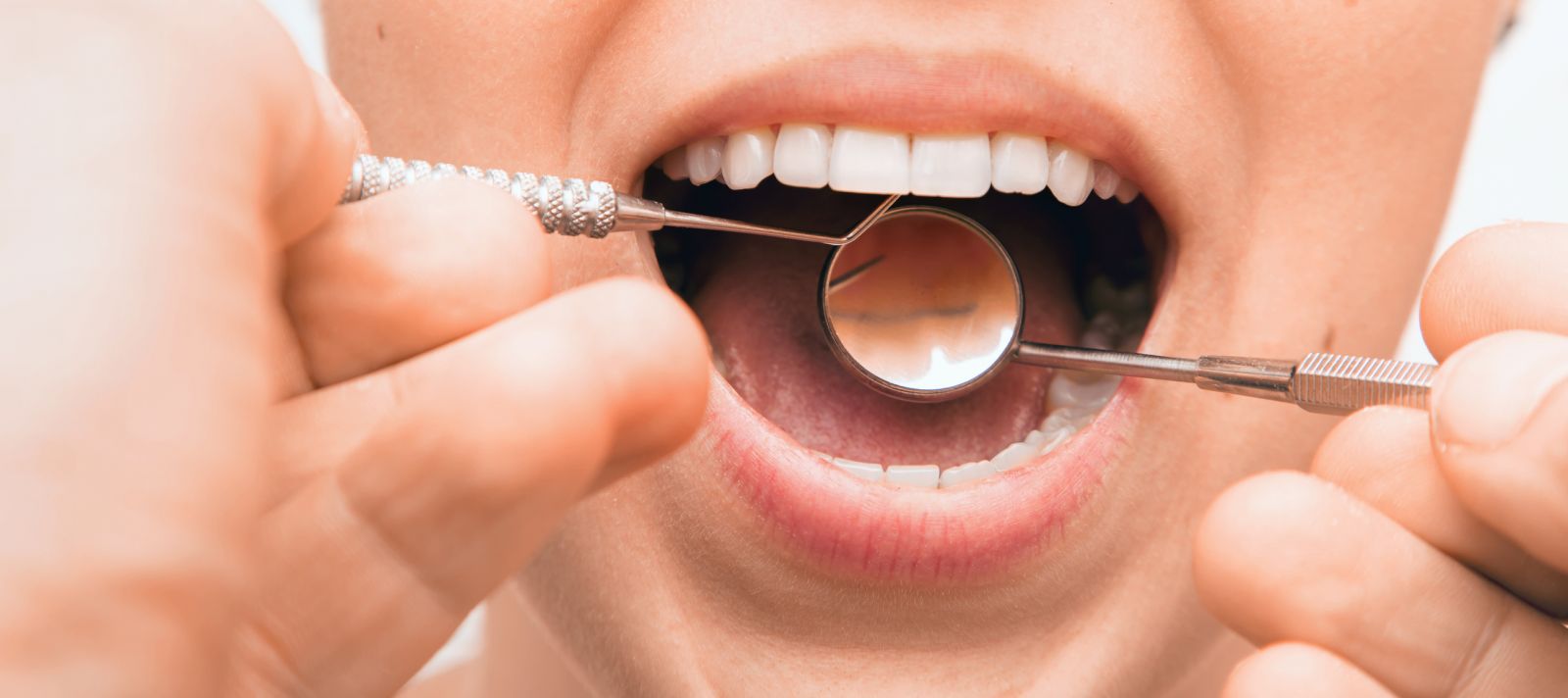What is Gum disease? Explain its symptoms and causes?
When you wake up in the morning, you've seen that your teeth and gum have been covered with slime, this is a biofilm. A biofilm can stick to the gum surface of your mouth. If you don't remove the biofilm on a daily basis (regularly floss and brushing), this can create and develop into dental plaque. Dental Plaque can lead to gum disease. But what is gum disease exactly? In this article, you get enough knowledge about symptoms, causes, and how to cure gum disease.

What is Gum disease?
Gum disease is used to describe the germ infection in a person’s mouth. However, this term is also known as Periodontal disease. Periodontitis is a serious gum inflammation that can lead to tooth loss and severe dental health issues. If gum disease is left untreated, periodontal disease can damage the tissues that support your teeth, even the bone.
What are the Signs of Gum Disease?
Most problems of dental and oral health start with gum disease. It is essential to take care of your gums and notice any symptoms of gum disease. Here are some of the common signs of gum diseases:
- Irritation and Redness of gum
- gums bleed when you brush your teeth
- A bad taste in your mouth or Bad breath.
- Pain when chewing or Tooth Sensitivity.
- Pus between your gums and teeth
- Sores in your mouth
- Gums that have pulled away from teeth
- Excess saliva in the mouth
It is better to consult the best dentist when you find any of the above Gum Disease Symptoms to avoid gum disease cure.

Gum Disease Causes
Poor oral hygiene allows bacteria in plaque and calculus to remain on the teeth and infect the gums in the primary cause of gum disease. Here are some causes that are effectively developing gum disease.
- Smoking or chewing tobacco restricts the gum tissue from being able to improve and this can cause gum disease.
- Crooked, twisted, jumbled, or protruding teeth generate more areas for plaque and calculus to store and this is harder to keep clean.
- When a person has cancer, cancer treatment can make them more sensitive to infection and increase the risk of gum disease.
- Alcohol consumption affects your oral hygiene and health.
- Stress or depression reduces the body’s immune that affects the ability to fight the bacterial invasion.
- Bad Mouth breathing can be severe on the gums when they aren't shielded by the lips, causing chronic irritation and inflammation.
- Poor nutrition and diets that included high sugar and carbohydrates. This will increase the formation of plaque. And resultant as gum disease.
- Medications and antibiotics such as anti-seizure medications increase the risk for gum disease.
- Very less or no dental care
- Poor saliva development
It is important to contact the dentist and ask about how to treat gum disease? However, he will give you enough knowledge about the treatment of gum disease. It is essential to get rid of gum disease to maintain your overall health.
Comments
Post a Comment